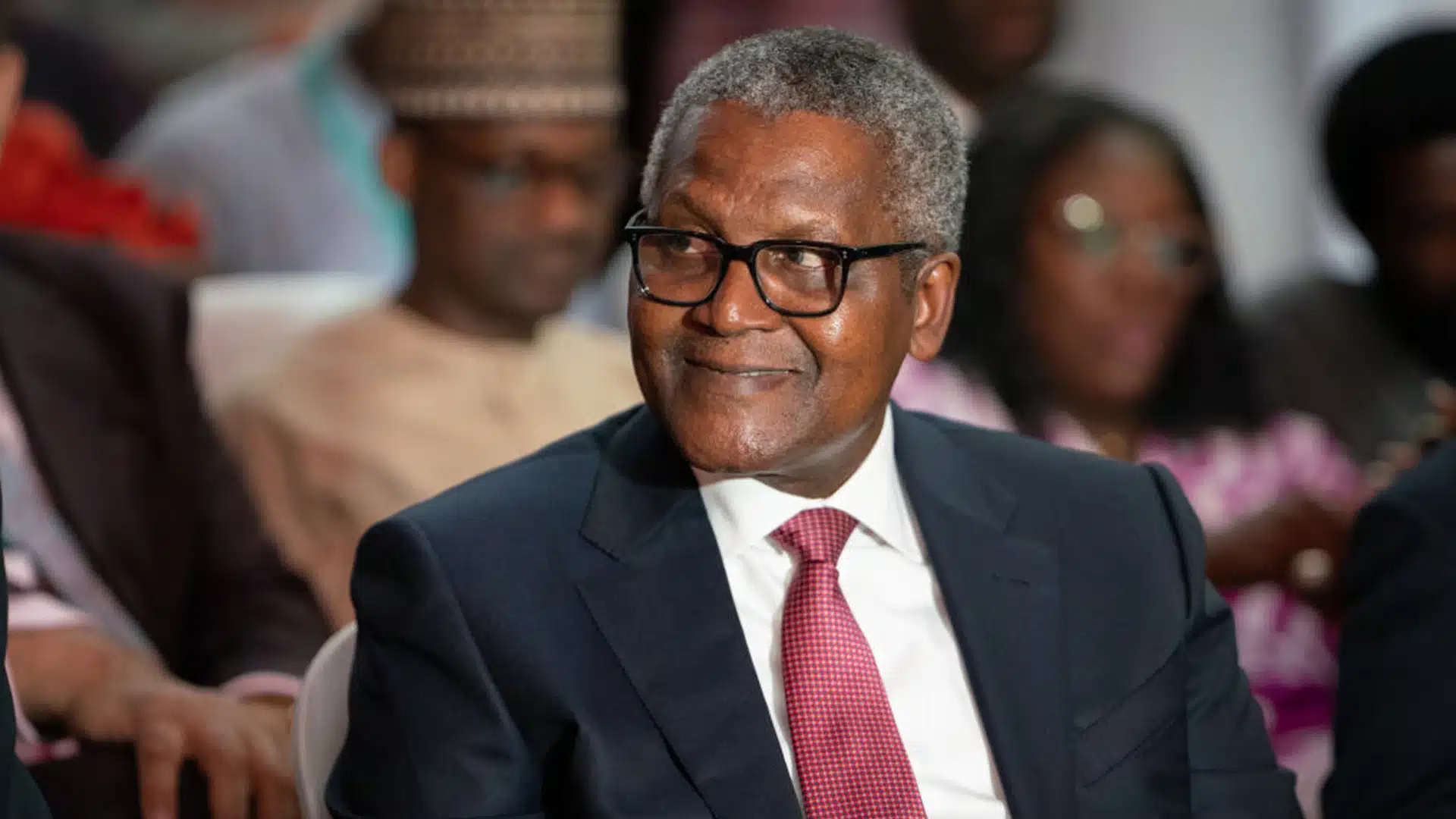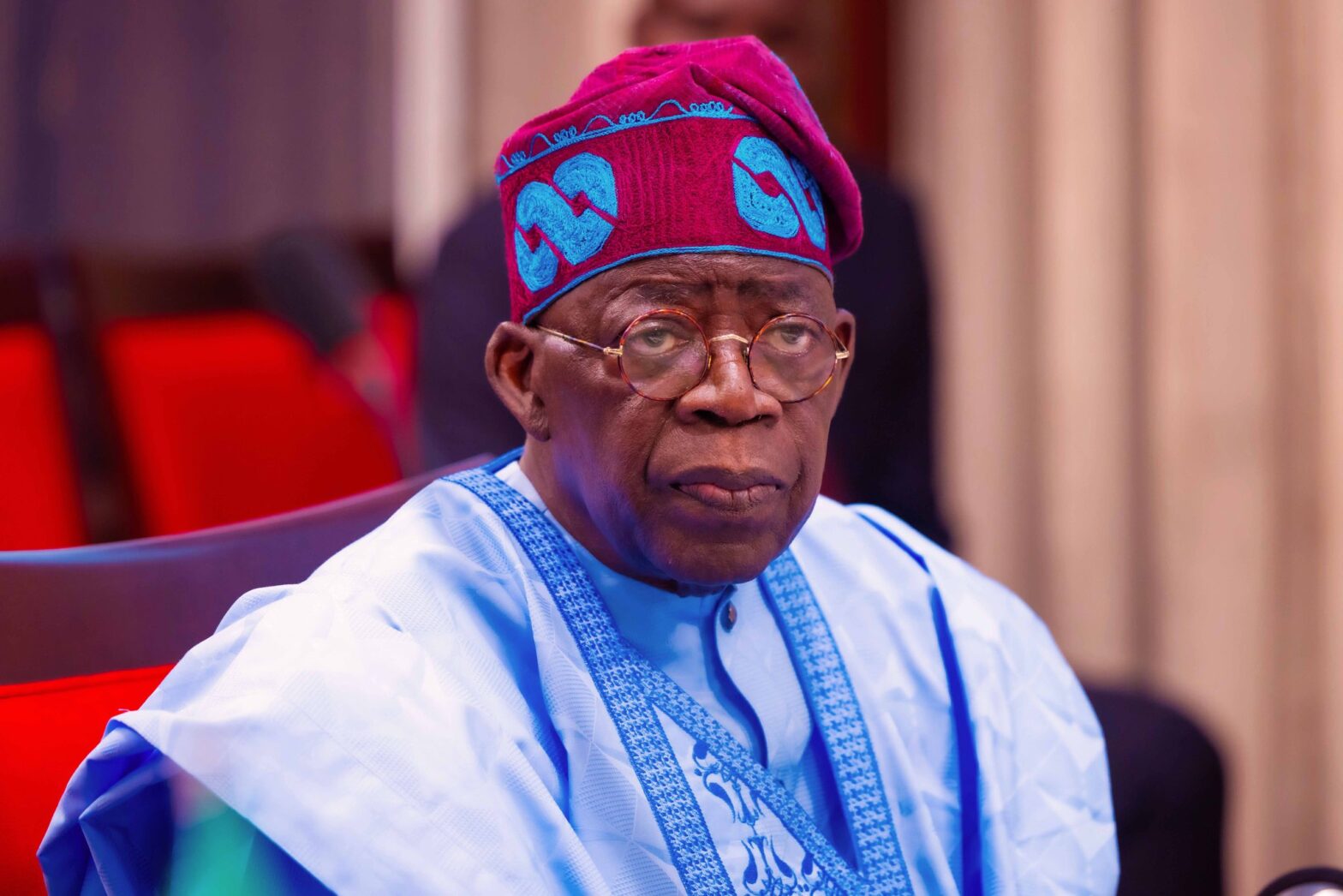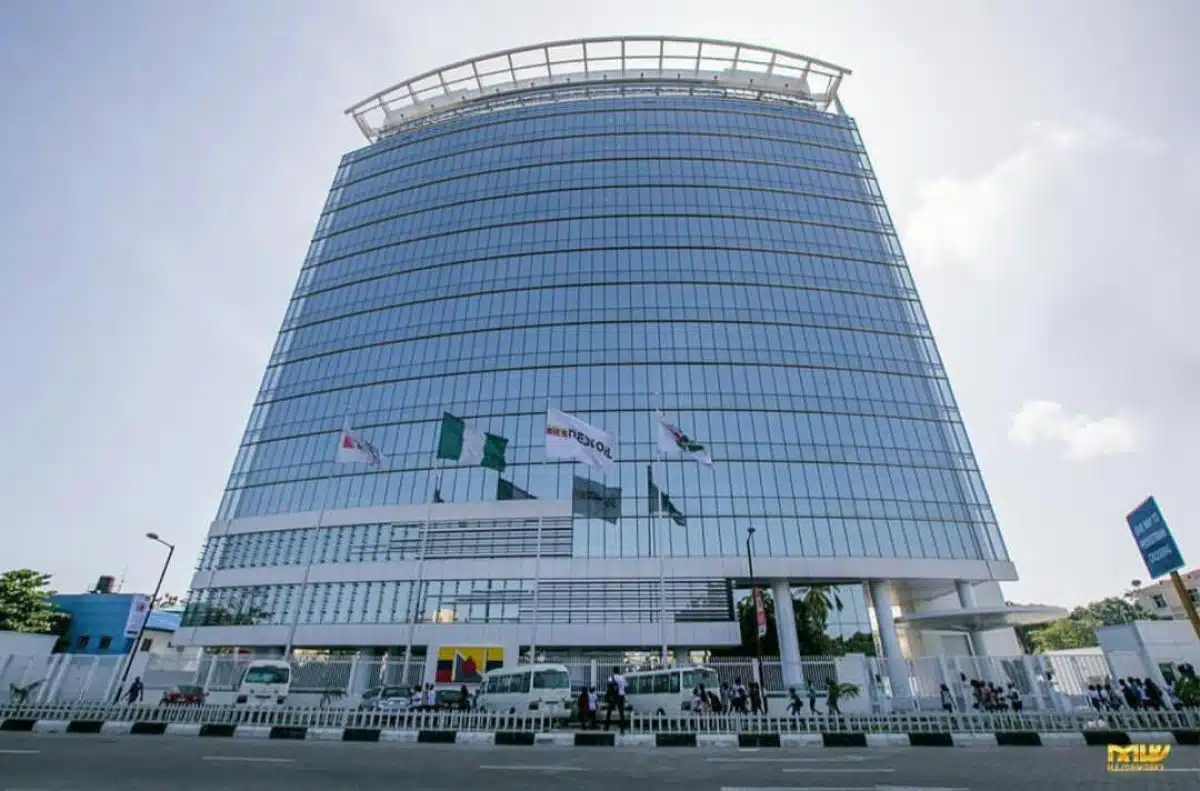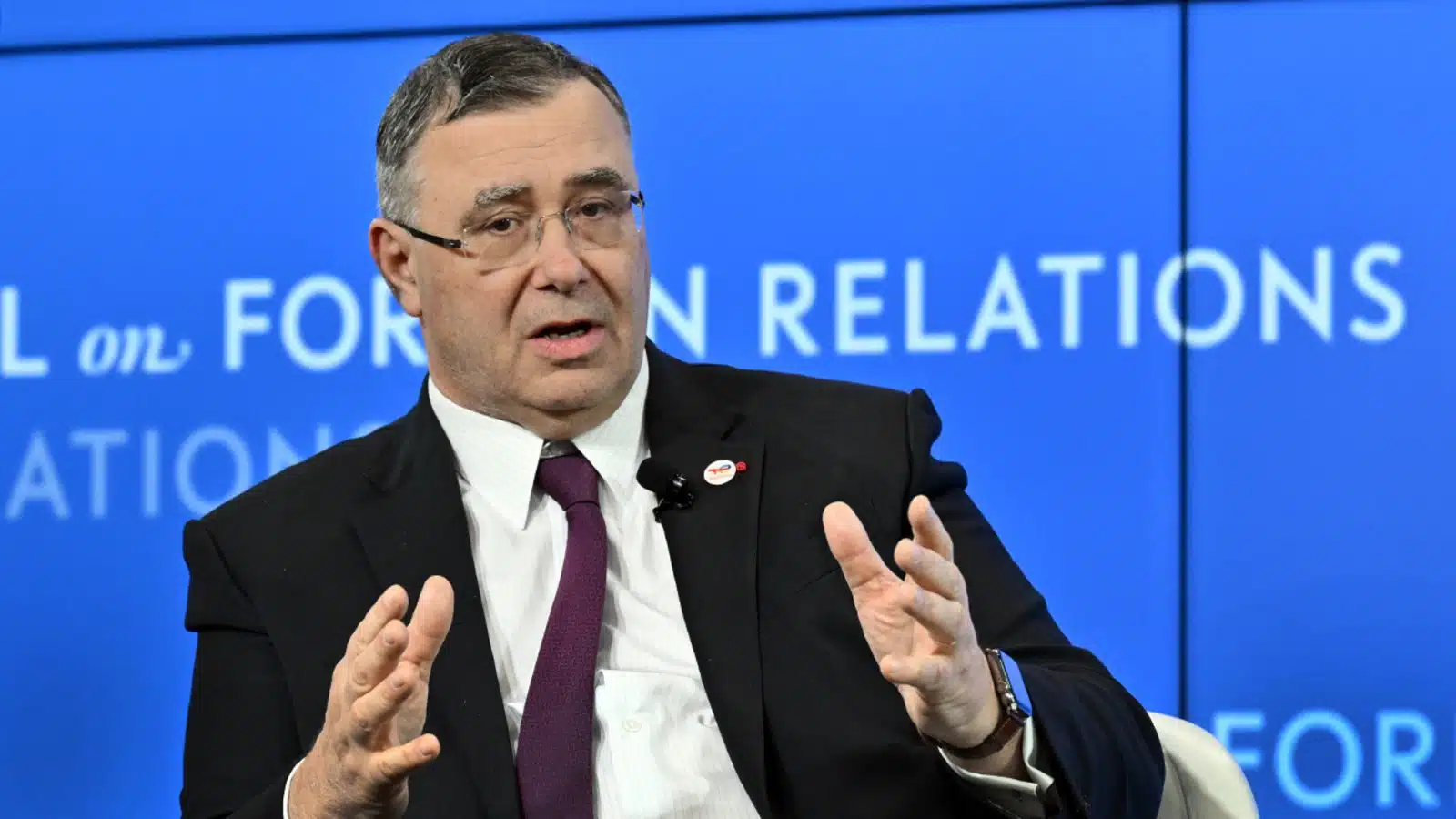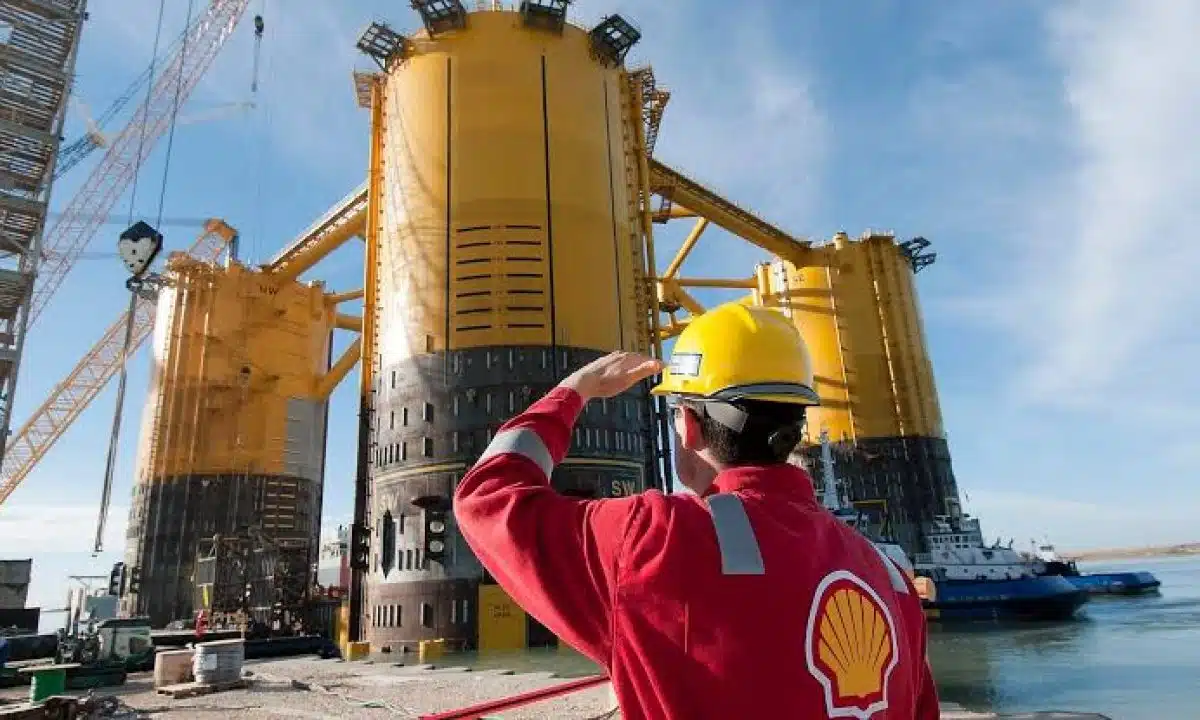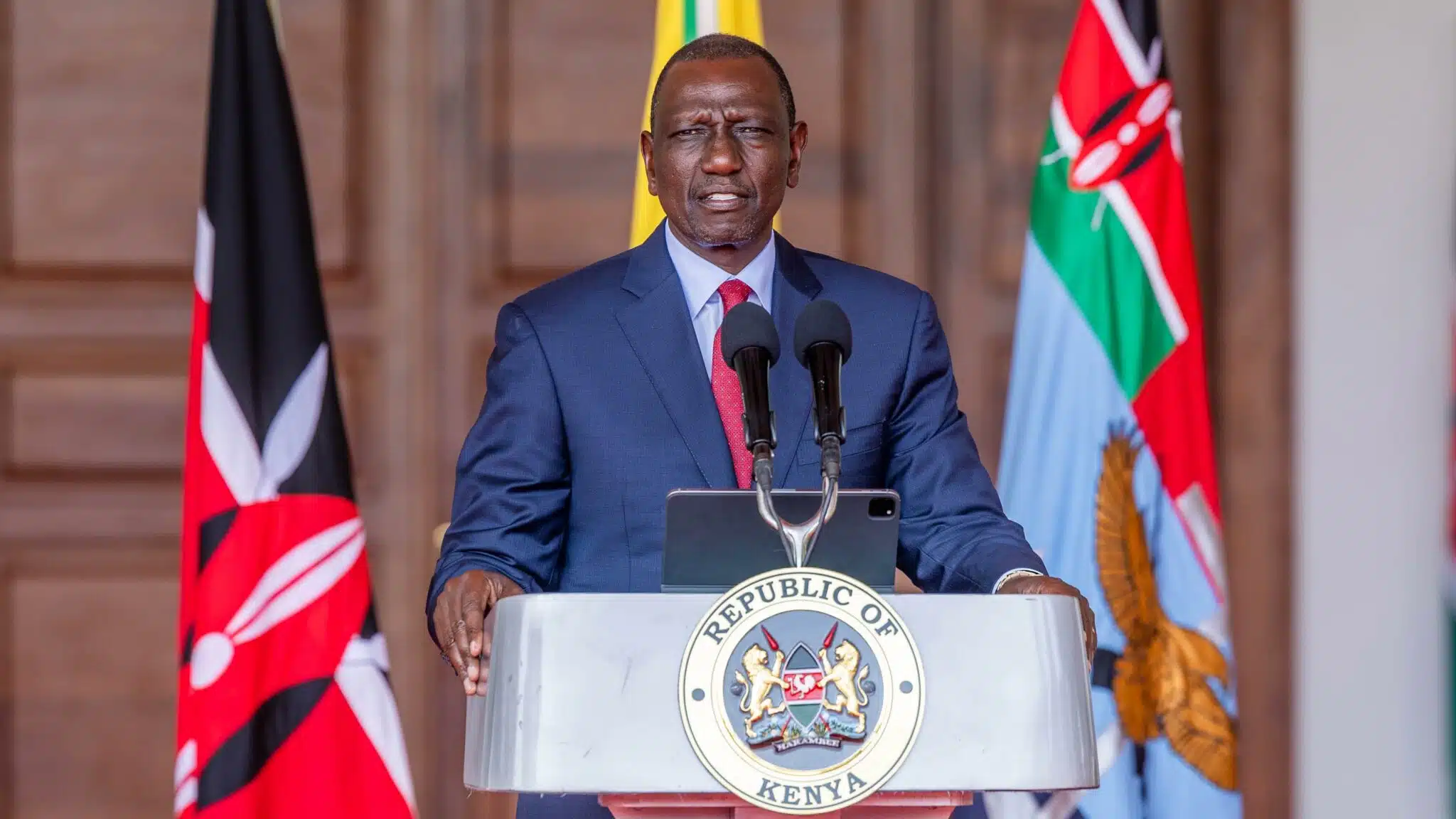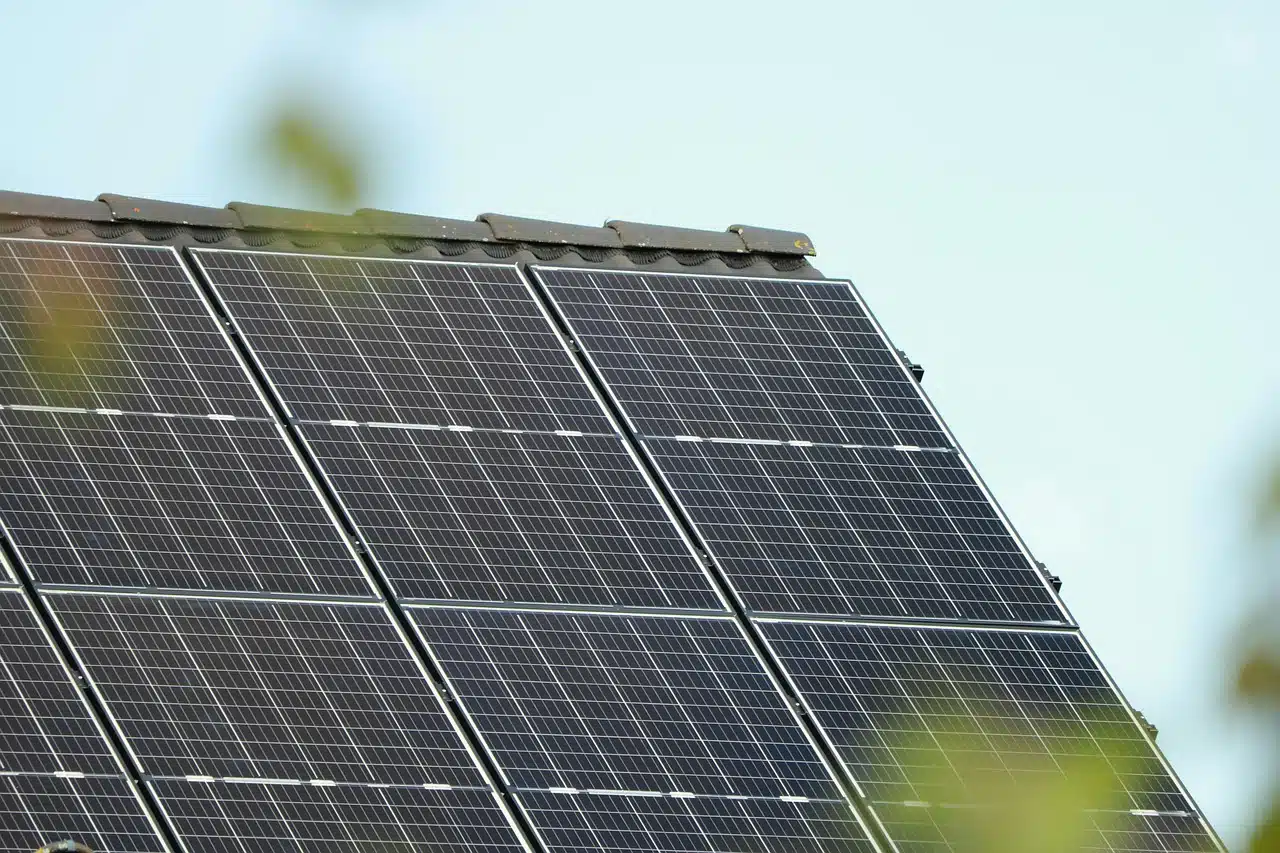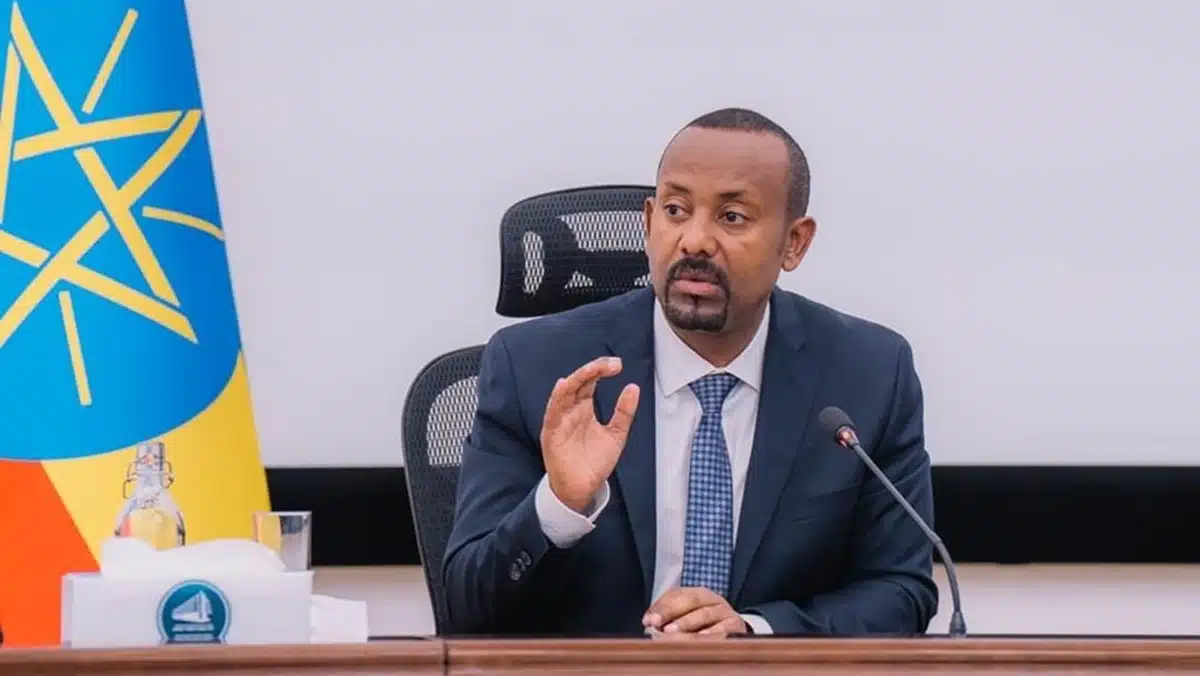Between 2005 and 2021, Nigeria spent an astonishing N13.7 trillion on fuel subsidies, according to the Nigeria Extractive Industries Transparency Initiative (NEITI).
By 2022, that figure skyrocketed, with the annual subsidy bill peaking at N4.2 trillion—a 700% increase and the highest in the nation’s history.
Why would a country so rich in crude oil spend so heavily on importing refined petroleum?
The answer lies in a paradox: state-owned refineries had collapsed, their operations mired in inefficiency, corruption, and neglect—problems even government officials struggled to explain.
For decades, Nigeria, Africa’s top oil producer, relied on fuel imports to meet domestic needs, while exporting raw crude.
This untenable model persisted until May 2023, when President Bola Tinubu removed fuel subsidies in a bid to salvage public finances.
The move triggered a seismic shift: prices soared, and Nigerians turned hopeful eyes to a promising solution on the horizon; the Dangote Refinery.
Commissioned in 2023, the 650,000 bpd Dangote Refinery quickly became a symbol of what state institutions had failed to achieve.
Leveraging gaps left by moribund public plants, the refinery positioned itself as a new force in the petroleum sector. One privately driven, market-oriented, and commercially efficient.
https://energyinafrica.com/insight/dangote-clashes-with-nnpc-for-market-control/Months on, Dangote has increasingly become a thorn in NNPC’s side, challenging the state-owned energy giant in a growing battle for market control.
Now, the central question remains: Has Aliko Dangote accomplished what the Nigerian state could not?
In a sector once dominated by bureaucracy and stagnation, his success could be a turning point—or simply the start of a new power struggle in Nigeria’s refining story.
We explore the full picture in this story.
State-owned refineries now seem like deferred dreams
Nigeria’s three state-owned refineries (Port Harcourt, Warri, and Kaduna) have become enduring symbols of mismanagement.
Despite billions of naira spent on repeated “Turn Around Maintenance” (TAM) exercises, they remained largely inactive or underperforming.
With a combined capacity of 445,000 barrels per day (bpd), actual production often fell below 10% utilization over the past two decades.
In 2024, the NNPC announced new delays, admitting that none of its refineries had come fully online as scheduled.
Most recently, the Port Harcourt refinery, which resumed operations only weeks ago, was again shut down for what NNPC called a “scheduled maintenance exercise.”
In sharp contrast, the Dangote Refinery, boasting a nameplate capacity of 650,000 bpd, has emerged as the cornerstone of Nigeria’s refining future.
Backed by private capital, the plant has delivered the kind of large-scale infrastructure that the Nigerian state has failed to execute in decades.
Dangote continues to break new ground and enter fresh markets.
In March 2025, the refinery accounted for 41% of Nigeria’s total petrol consumption—a figure that could have been higher if it were operating at full capacity.
The refinery has also helped end Nigeria’s dubious run as Africa’s largest petrol importer.
Dangote is typically the first to adjust fuel prices, often prompting NNPC to follow suit.
This subtle price war has persisted as both players battle for dominance in Nigeria’s downstream fuel market.
In a major development, the Dangote Refinery’s management announced plans to enter the downstream distribution space by August 15, a move one senior oil executive described as “the Uber moment for the Nigerian fuel sector.”
The company will begin supplying fuel directly to filling stations, manufacturers, and telecom firms, eliminating the need for middlemen.
To sweeten the deal, Dangote is offering free logistics services and a two-week credit facility for buyers purchasing at least 500,000 litres of petrol or diesel.
Monopolistic concerns and regulatory crossroads
With the shutdown of state-owned plants and delays in modular refineries, Dangote’s facility currently dominates Nigeria’s domestic refining business.
But that dominance has raised concerns. Can a single private entity dictate domestic petrol prices? Is the state ceding too much control?
Public sentiment is mixed.
Many Nigerians welcome the promise of local refining, hoping it will stabilize prices and end years of dependency on imports.
But there’s growing skepticism about rising pump prices, lack of retail transparency, and the absence of competition.
While some see the project as a masterstroke in national development, others warn of monopolistic risks in the absence of strong regulation and price transparency.
Under the Petroleum Industry Act (PIA) 2021, Nigeria has theoretically liberalized its downstream sector.
The creation of the Nigerian Midstream and Downstream Petroleum Regulatory Authority (NMDPRA) was meant to ensure open competition and pricing fairness.
But regulation is still evolving.
Recent outcry from independent marketers over sudden price changes by Dangote reflects the urgent need for a clear pricing framework and communication structure.
The upcoming Petrol Pricing Summit on July 23–24, 2025, is seen as a step toward that.
Feedstock wars: who gets the crude?
With Nigeria’s oil production still hovering below 1.5 million barrels per day (bpd) and over 10 operational or near-operational refineries (including modular plants), the competition for crude feedstock is intensifying.
Can NNPC, which manages Nigeria’s crude output, supply all players fairly?
The short answer appears to be no, as it has already failed to meet nominated quotas for crude supplies to the Dangote refinery.
Recent reports show that the refinery, currently operating at nearly 85% capacity, is increasingly sourcing U.S. WTI crude due to inadequate local supply.
In July alone, the refinery is set to purchase at least 5 million barrels from the U.S., following the award of recent tenders.
In line with the Domestic Crude Supply Obligation (DCSO), Dangote requested 550,000 bpd from Nigerian producers for the first half of 2025.
However, deliveries have consistently fallen short.
“We can take only what they are giving to us from Nigeria, this is a known fact. We have to import the rest,” said Edwin Devakumar, head of Dangote Oil Refinery.
This imbalance could marginalize smaller, modular refineries, which were once seen as the future of Nigeria’s decentralized refining strategy.
Many are now struggling due to underfunding, irregular crude allocation, and regulatory inertia.
As Dangote ramps up operations, there’s a growing risk that these smaller players will become afterthoughts in a market dominated by a single mega-refinery.
Without strong policy intervention, modular refiners may fade—despite their importance in regional supply, rural employment, and energy security.
Has Dangote truly won?
Moreover, Dangote entered the market with the pricing freedom and efficiency that a deregulated market offers—giving it a head start in the post-subsidy era.
For the state-owned refineries, which once thrived under the old system, the transition meant added pressure to become commercially viable.
Even fuel importers who bank on the margin between landing costs and pump prices to market their products are now left without a clear plan as their business faces mounting risks.
Months into the market, there are many practical reasons that prove that the Dangote refinery has won the refinery war—at least for now.
The billionaire owner of the $20 billion plant has built what the state could not, filled a critical market gap, and assumed a dominant role in Nigeria.
But true victory isn’t just about size or capacity.
It’s about sustainability, fair access, pricing equity, and public benefit.
Whether Dangote’s dominance results in long-term prosperity or new forms of dependency will depend on regulatory oversight, competition, and inclusive policy reforms.

